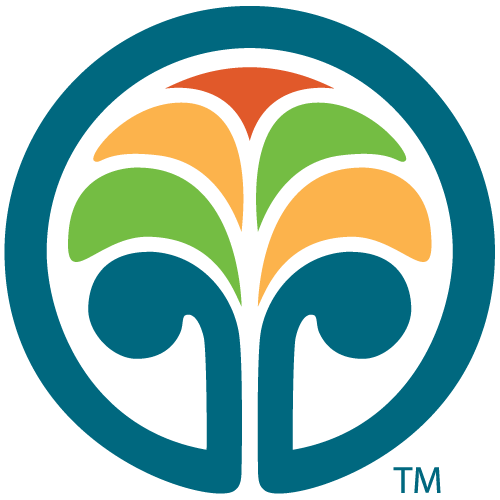
05 Nov Adapting to a Changing Industry Landscape
Follow the path of the child welfare industry over the past 20 years and you’ll see a pendulum-like sway between two schools of thought.
One might be considered the aggressive school of thought – removing children from the home at the first hint of abuse or neglect. Critics of this school of thought worry children may be mistakenly removed from their home environment, inflicting undue trauma.
The alternative end of the pendulum would be the conservative school of thought – leaving children in the home if at all possible, arguing that home is the best environment for children. Critics of this school of thought argue that repeated exposure to abuse and neglect causes more trauma than removing a child from their home.
Whatever school of thought you subscribe to, or whether – like most – you find yourself somewhere in the middle, the YOC must be adaptive, reactive and resilient when it comes to providing services for these kids.
In the middle of a more aggressive swing, the YOC may end up with more kids to serve than capacity allows. In the midst of a more conservative swing, the population of kids served may be smaller and higher acuity. Leave kids in the home longer, and by the time they are removed, the scars are deeper.
In the midst of a more conservative swing, there is currently legislation in the works, set to go into effect in September of 2021, which will place greater emphasis on keeping kids in their homes. The Family First Prevention Services Act (FFPSA) is federal legislation designed to work toward keeping families together by providing the right services at the right time.
The YOC has demonstrated resilience over the years by consistently adapting to and reacting to these industry changes. Never has that been more true than it is now. In reaction to the changing landscape of the child welfare industry, and in preparation for the enactment of FFPSA, the YOC has done the following:
Treatment Adaptations: Adapted our residential treatment milieu and services to account for a higher acuity population.
Planned Certifications: Enhanced our residential services and structure to earn the designation of Qualified Residential Treatment Provider (QRTP). Once FFPSA is enacted, children may only be placed in residential facilities that have this designation. (There will be additional restrictions to residential placements as well.)
New Division: Launched a new division, Family Beacon. This new brand is the umbrella under which all of our community-based services (day reporting, outpatient counseling, family preservation ) will fall. Calling out this separate division will give greater weight and emphasis to our commitment to providing quality community and home-based services.
Home-Based Services: Launched our first ever home-based program, Family Preservation. This program is designed to do exactly what FFPSA aims to accomplish. It will provide services to kids and families with a substantiated case of abuse or neglect, where DCS believes it is safe for the children to stay in the home. The goal is to provide families and children with the tools, skills and services they need to thrive, while remaining together in the home.
“Typically, with our residential services, kids would have to fail up into placement at the YOC,” said Rick Rowray, YOC CEO. “By the time they came to us, kids and their families had been through multiple services and placements. What we’re really excited about with Family Beacon, and specifically Family Preservation, is our ability to serve a broader client base, and get involved in these families’ journeys much, much sooner in their story.”
While many at the YOC who have put hundreds of hours into the planning and implementation of these adaptations may not necessarily have found these adjustments easy, it is surely the YOC’s commitment to the kids and families we serve that has allowed us to remain so resilient amid an ever changing landscape.
This story is taken from the 2019 – 2020 Annual Report. To view the full report click here.


